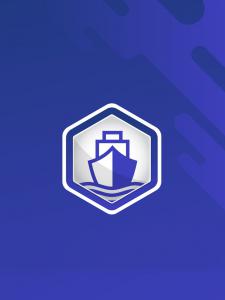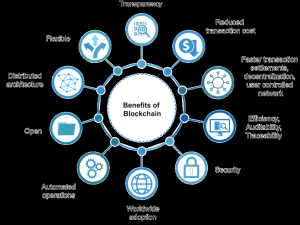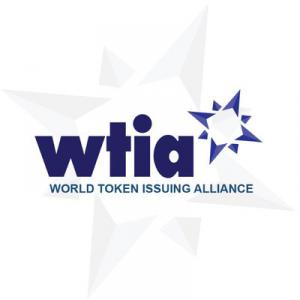The rise of blockchain promises to revolutionize many sectors, including cross-border trade logistics and global supply chains! Our Thoughts at WTIA…
— Chairman Keun-Young Kim
NAMDAEMUN, SEOUL, SOUTH KOREA, January 20, 2021 /EINPresswire.com/ — We envision a Blockchain-enabled Logistics Ecosystem to solve the present industry pain-points where the Marketplace is a unified platform to allow better accountability between users and stakeholders. Built purely on Blockchain, our Ecosystem marries the best of Marketplace with Blockchain Technology said Chairman Kim, WTIA
Blockchain technology is quickly transforming the way we store and manage data. Instead of a centralized database, blockchain relies on a network of data blocks that are protected and linked together using cryptography. The rise of blockchain promises to revolutionize many sectors, including cross-border trade logistics and global supply chains: blockchain can help track international shipments more effectively, reduce administrative tasks by automating the documentation process, and protect transactions across the entire logistics chain.
The World Bank Hub for Infrastructure and Urban Development in Singapore hosted an event dedicated specifically to the practical applications of blockchain for trade and logistics. Some takeaways and more are shared below.
A unanimous flow was present echoing that Blockchain has the potential to make trade and logistics more efficient by increasing transparency and security, which are the main issues.
Currently, shipping goods from a manufacturer to a consumer involves many different stakeholders: exporters, terminal operators, port authorities, freight forwarders, customs, etc. Most of the paperwork involved still needs to be handed down from one party to the next in person. This results in situations where goods may have arrived at the port, but the relevant paper trail has not caught up. End users often have no clear visibility as to where their goods are and when they will arrive. This inefficiency generates extra costs.
Blockchain can certainly alleviate these concerns by:
$ Minimizing or eliminating the need to repeat similar information across multiple documents;
$ Recording the digital signature of each party to increase security;
$ Tracing and correcting errors at each stage of the process
$ Allowing all parties in the supply chain to access information on one common platform
Blockchain reduces the monopoly enjoyed by certain intermediaries over critical information. Any one party in the global supply chain can access real-time information on where a consignment is, trace possible mistakes made in documentation, or establish the identity of his/her partners. This could go a long way in unlocking opportunities for small and medium enterprises in the supply chain.
In a blockchain formation, no individual can change the algorithm that is built into the system without the prior approval of others. This increases confidence in the system and ensures a level playing field for even the smallest players.
Blockchain will only gain traction in the global trade and logistics sector if a critical mass of stakeholders embrace this technology – This is KEY!!!
To ensure widespread adoption, it is necessary to educate both small and large industry players about the benefits and relatively low uptake cost of blockchain as there are pay-as-you-use services. Governments can lead by example. In that spirit, Dubai has mandated that all government agencies use blockchain technology for visa applications, bill payments, and license renewals, which will eliminate more than 1 billion paper documents used for government transactions annually.
Likewise, it is the responsibility of governments to update legislation and regulations in order to help guarantee the security of blockchain and build trust in the system. To that end, the Singapore Government has already started reviewing its Electronic Transactions Act (ETA) to facilitate the processing of logistics-related documents using blockchain.
The WTIA Blockchain Protocol
The platform adopts an API first methodology, meaning all capabilities and operations are available as APIs. This fully embraces a multi device, multi system world we are living in today. Any user can connect to the platform using their mobile devices, as well various desktop browsers. Developers can also extend the native offerings by building additional specialized devices, such as voting machines in fan events, or payment modules at retail. This API first methodology extends the platform to limitless possibilities.
The ecosystem is entirely token driven, meaning all the economies will be based on tokens rather than fiat, this provides extremely fast transactional settlement capabilities, and eliminating expensive external transactional costs.
The token, having a 20,000 per second concurrent processing speed allows the token to be utilized as a real time environment, enabling massive television, online media campaigns, where traditional systems and blockchain systems tends to not being able to meet this demand. The token is protected by a double SHA256 encryption, making it impossible to reverse engineer.
Rohan F. Britto
WTIA Co., Ltd
+971 55 635 0635
email us here
Visit us on social media:
Facebook
Twitter
LinkedIn
WTIA TV – 3K Theory and the Post-Corona World
![]()




